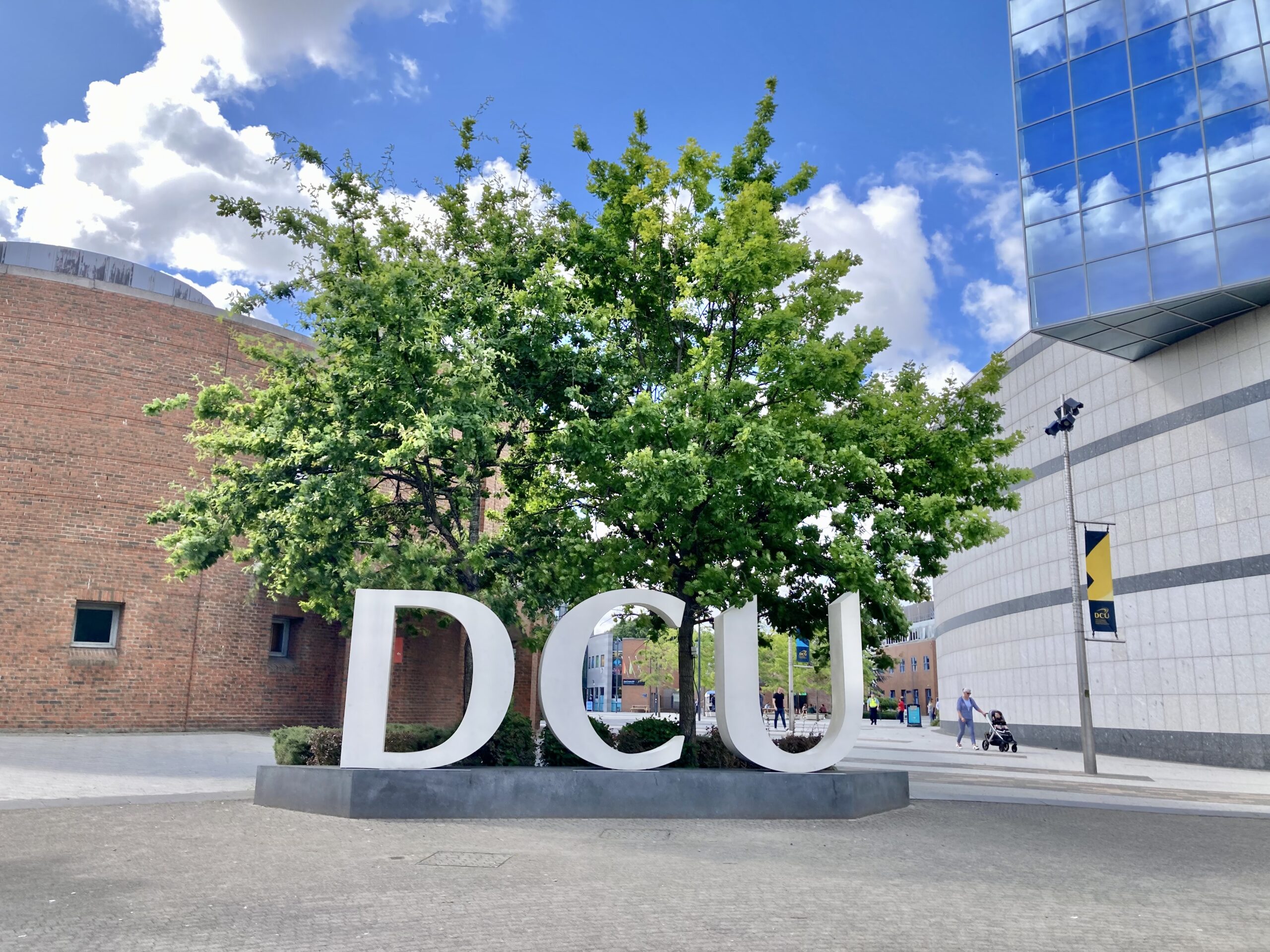 It is rightly said that “Research internationalisation brings benefits, including access to different expertise and facilities, networking, assimilating a different culture, and raising international awareness of your university and your research.” International mobility always offers the opportunity to widen our horizon, and external feedback, be satisfied with our work and thus provide a good basis for sound self-confidence, which is highly necessary to become a good researcher. Mobility can also help tremendously via networking and brainstorming.
It is rightly said that “Research internationalisation brings benefits, including access to different expertise and facilities, networking, assimilating a different culture, and raising international awareness of your university and your research.” International mobility always offers the opportunity to widen our horizon, and external feedback, be satisfied with our work and thus provide a good basis for sound self-confidence, which is highly necessary to become a good researcher. Mobility can also help tremendously via networking and brainstorming.
I got the opportunity to join and work on a collaborative research project at the School of Mechanical & Manufacturing Engineering, Faculty of Engineering & Computing, Dublin City University, Dublin, Ireland, under the SERB International Research Experience (SIRE) scheme of Science and Engineering Research Board, Department of Science and Technology, Government of India. I express gratitude to the institute and the university management for providing this excellent learning opportunity.
I consider this experience a life-changing factor in my career. First of all, not because I learned a lot – e.g., cutting-edge research being conducted in advanced manufacturing– but also because this was the first time, I had to work with a collaborative research group. It showed the importance of adapting quickly, learning and applying new research methods, and fitting them into a new environment. I also enjoyed meeting new people, teaming up with them from all over the world and learning about our cultures’ countless differences yet similarities.
The collaborative research project was carried out at the Advanced Processing Technology Research Centre (APT), School of Mechanical & Manufacturing Engineering, Dublin City University. The centre is funded under the SFI Research Centres programme, which has established a network of SFI Research Centres focusing on key research areas in Ireland. By partnering with seven research institutes, The Advanced Processing Technology Research Centre (APT) focuses on state-of-the-art research activities in Production Technology, Process Sustainability, Micro and Nano Systems Technology, Advanced Materials Engineering and biosystems. The APT research group has established a strong infrastructure of equipment and people in the area of processing technologies at DCU.
The global nanomaterials market size was estimated at USD 8.0 billion in 2020 and is expected to expand at a compound annual growth rate of 14.1% from 2021 to 2028. Excellent physio-chemical properties and growing usage of nanomaterials in electronics, healthcare, aerospace, and textiles industries are expected to drive the market over the forecast period. The components have a significant effect on the quality of the ink. Hence, the efforts can be concentrated on improving print characteristics by innovating the ink characteristics such as nanoparticle and solvent chemistry, nanoparticle size, nanoparticle concentration, and anti-flocculation or functionality providing additives. A physical-based ink production system, based on a technique called Laser Synthesis in Solution (LASiS), was developed, which enables control of these properties of the ink at a superior level of production compared to previous systems.
Pulsed laser ablation in liquid (PLAL), also known as laser ablation synthesis in solution (LASiS), is a method of producing nanoparticles from bulk material by irradiating it while it is submerged in a liquid media. Physical and chemical processes are frequently utilized to produce nanoparticles. Compared to conventional chemical procedures, LASiS is a simple, inexpensive green NP production technology that can produce very small NPs. LASiS significantly reduces the amount of post-processing necessary for the manufacture of nano colloids when compared to the chemical method. There is still a challenge and scope to understand the characteristics. It has been understood that the characteristics of the colloid can be improved by changing the nanoparticle morphology and concentration, and material type, which are defined through the production method.
The most important lesson I learned from working with the research group in DCU is the exchange of views with technocrats having different backgrounds, strengthening knowledge through collaborative research, enhancing cooperation between various groups working in different fields, and opening new horizons for research.
This research mobility has impacted in several ways. There are several differences this experience has made to me, both personally and academically. This experience enhanced my understanding of all kinds of people from different backgrounds. It has also taught me how to use transferable skills such as adaptation to new environments and work management for research and to become a better version of myself. This experience has made me feel like I can be at home anywhere.
Finally, the experience provided an excellent platform to share and exchange ideas and disseminate knowledge among the collaborative research group at Dublin City University. And I found it was a unique learning opportunity.
Author : Dr Mayur A Makhesana (Mechanical Engineering Department)